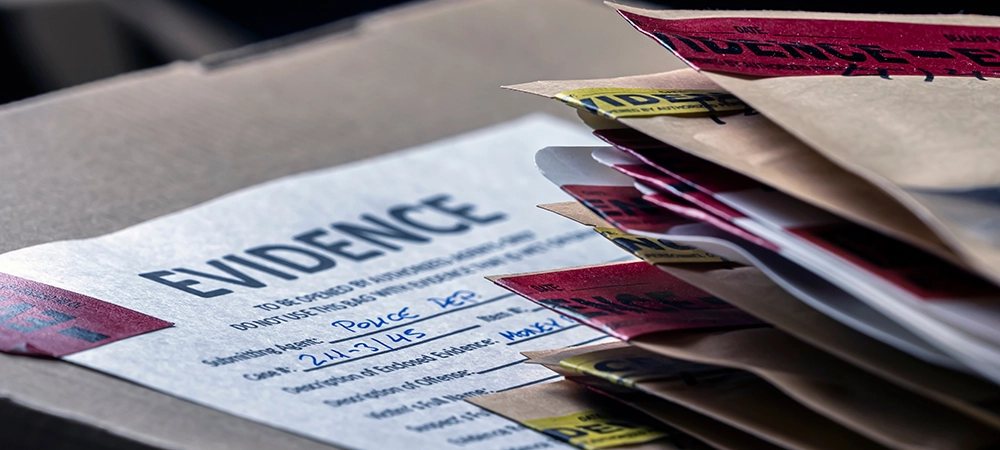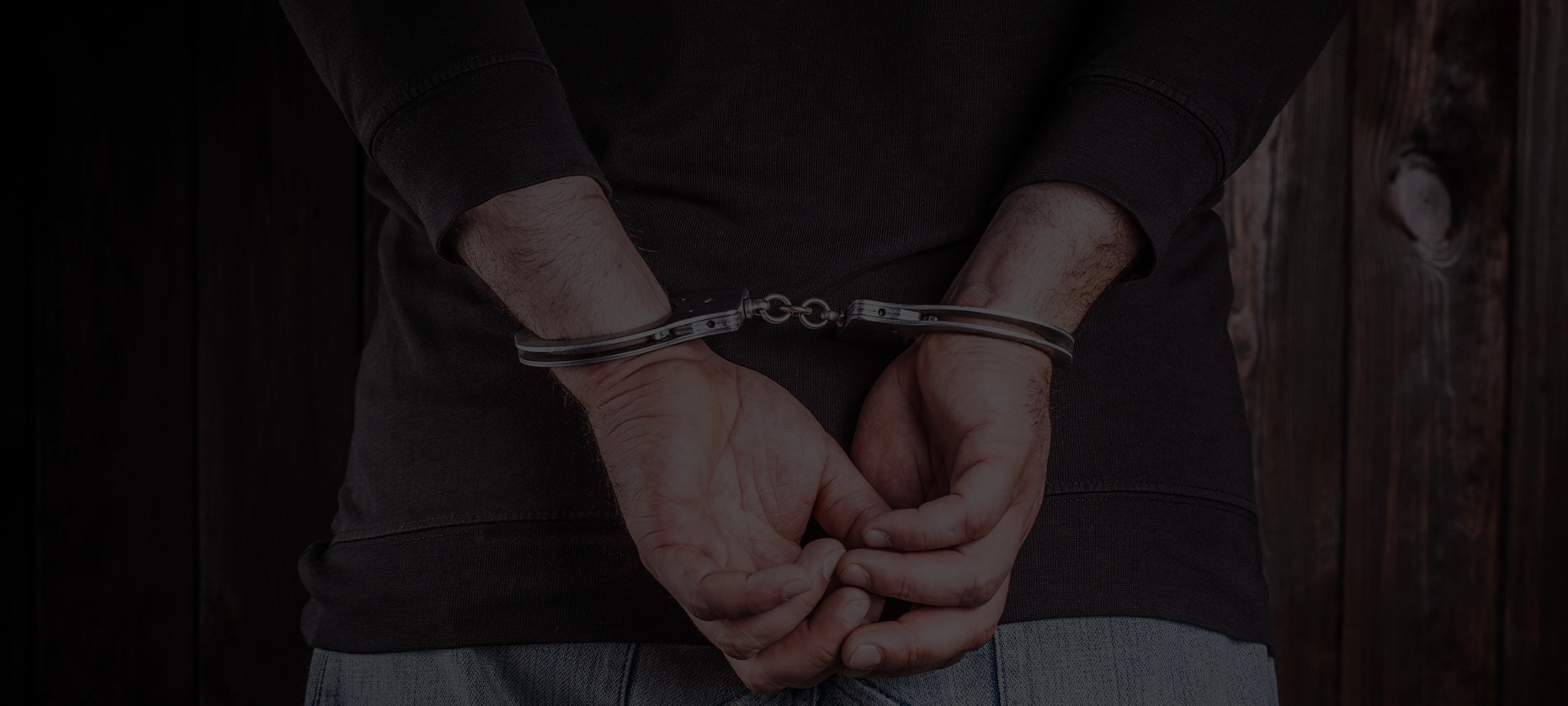Prosecuting sexual assault trials involves complex legal processes punctuated by numerous challenges. Knowing what these challenges are allows those wrongfully accused of sexual assault to better make their legal challenge. Here, we’ll explore the challenges of prosecution in sexual assault cases in Canada, along with a few other considerations from a legal perspective. We hope this will give you a better understanding of what to expect should your case go to trial if you’re expecting sexual assault charges.
The Legal Process of Sexual Assault Trials
The legal process of sexual assault trials in Canada starts with the complainant’s report of the allegation of sexual assault to the police, which may result in an arrest. The police then begin an investigation, which entails gathering evidence, conducting forensic examinations, and interviewing potential witnesses.
If sufficient evidence is gathered, the accused will be charged with sexual assault and will be informed of this, along with their right to plead guilty or not guilty. At this point, it’s important for the accused to seek the help of specialist sexual assault lawyers.
In some cases, when the evidence isn’t clear-cut, a preliminary hearing determines whether there is enough evidence for sexual assault charges in Canada. If the case goes to trial, the prosecution must prove the accused is guilty, while the defence may also present their evidence.
If the former faces too many challenges and can’t prove their case, the accused will be found not guilty and be acquitted.
The Issue of Evidence in Sexual Assault Cases
The evidence in sexual assault cases may or may not include forensic evidence, medical reports, testimonial evidence from the complainant, the accused, and witnesses, as well as further expert testimony.
However, due to the sensitive issue of the crime, the prosecution often faces challenges when trying to gather evidence to prove their case against the accused.
Consent
As one of the most decisive levels in a sexual assault case, consent can be the first major evidentiary challenge. Namely, the prosecution must prove that the accuser didn’t give consent for the sexual activity that took place.
Proving consent can be an arduous feat because prosecutors deal with sensitive contextual considerations like coercion, potential threats, or the accuser being incapacitated at the time of the crime.
Credibility
Witness credibility (including the accuser’s) is another major issue, as the complainants often struggle to remember details about the crime and give inconsistent testimony. The court will assess the testimony of both parties carefully, considering factors like corroborating evidence and demeanour when giving testimony and consistency.
Reliability
Evidence reliability is the third evidentiary issue. This includes the first steps, like the collection of the medical and forensic reports and expert testimony. Added to this, there is also the preservation and analysis of evidence, and qualifications of those handling, and analyzing/testifying about the evidence. They will all be subject to scrutiny.

Main Prosecution Challenges in Sexual Assault Cases in Canada
Below are some of the key challenges prosecutors face when working on sexual assault cases. The best criminal defence lawyer can use these challenges to their advantage, and help cast doubt on the prosecution’s case.
Consent in the Cases of Intoxication
Proving the lack of consent can be particularly challenging if it’s determined that the accuser was intoxicated at the time of the assault. It takes incredibly careful analysis of evidence to prove that the complainant wasn’t capable of providing valid consent and/or that there was the presence of duress or coercion.
Lack of Corroborating Evidence
Due to the intimate nature of the crimes, sexual assault cases often lack physical evidence that would corroborate the accuser’s complaints. The prosecution, thus, typically relies on testimonial evidence, which the defence can challenge much more easily than physical evidence.
Privacy Concerns
Accusations of sexual assault can result in a great deal of privacy concerns and stigma for both parties. During the legal process, the accuser may face assumptions from their employers and family/friends, which can affect the accused’s relationships and reputation in the future.
Besides looking out for the rights of their client, sexual assault laws in Canada mean the prosecution must also keep in mind the accused’s right to privacy and the social and emotional impact the case has on them.
Cross-Examination
Cross-examination is necessary but can be an emotionally distressing part of a sexual assault case. In an attempt to disprove the prosecution case, the defence may challenge the complainants’ credibility and subject them to questioning.

Final Thoughts
Prosecuting sexual assault cases in Canada can bring considerable challenges due to the many legal considerations present in these cases. This includes the limited admissibility of evidence, privacy concerns, the issue of consent, and finding the balance between protecting the accuser’s rights while not harming the rights of the accused.
It can be a challenging time for everyone involved, which is why it’s important to get expert sexual assault lawyers in Ottawa. If you need legal representation, then contact AGP LLP. We’ll be happy to give you a free consultation to see how we can help.





